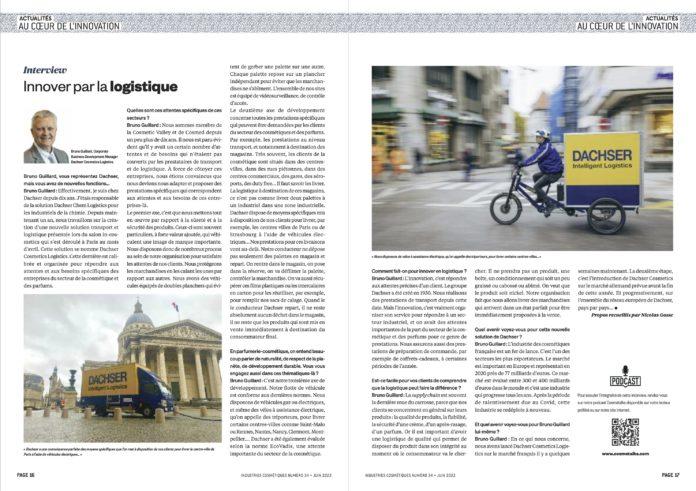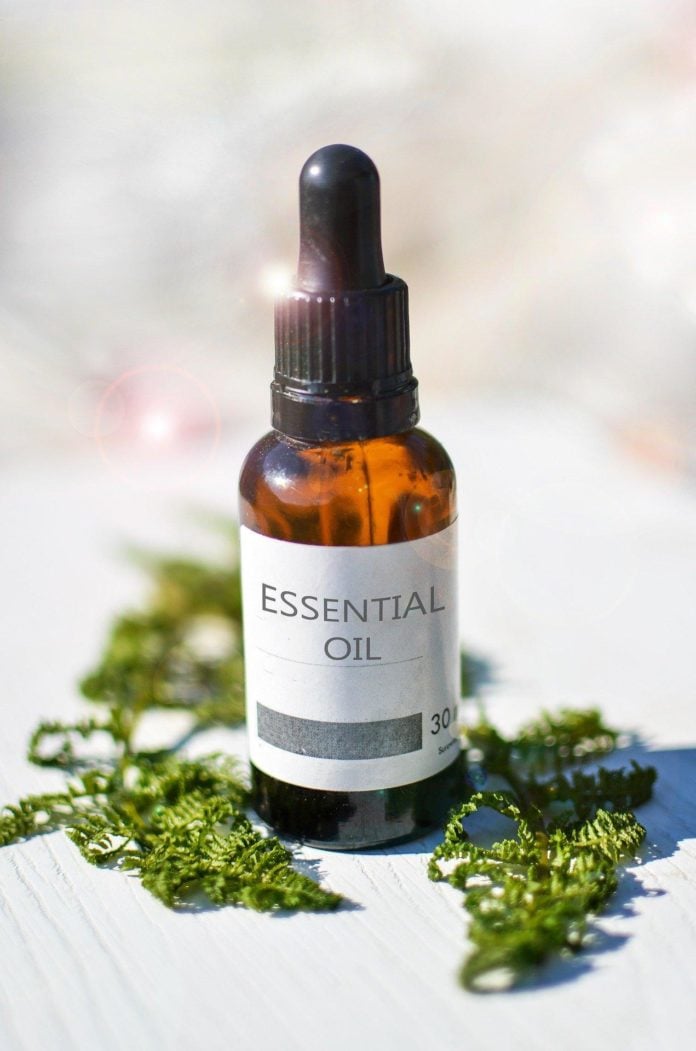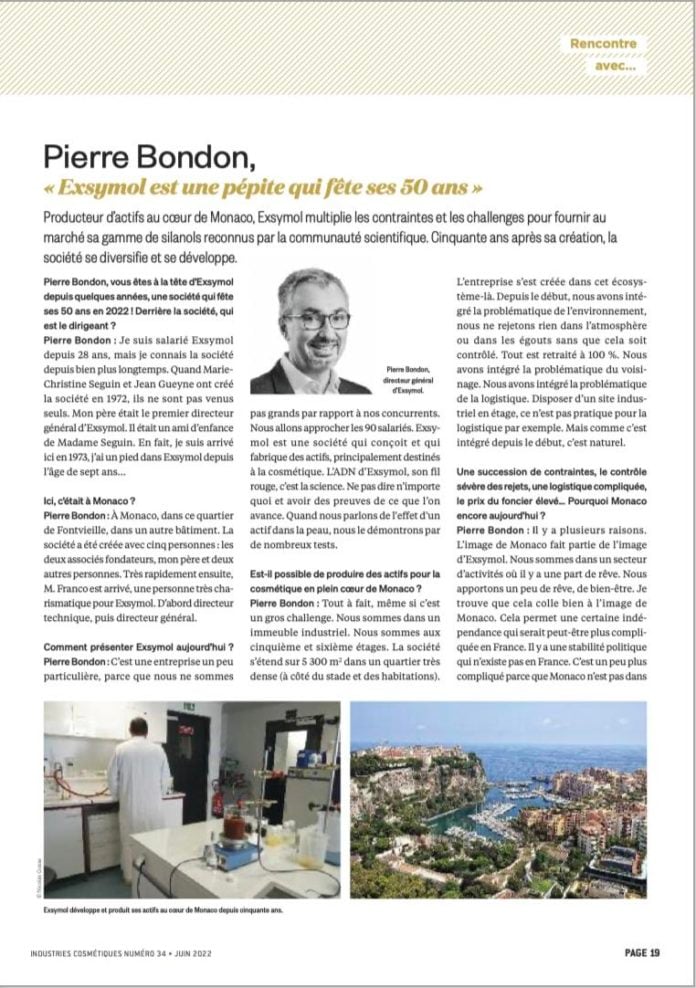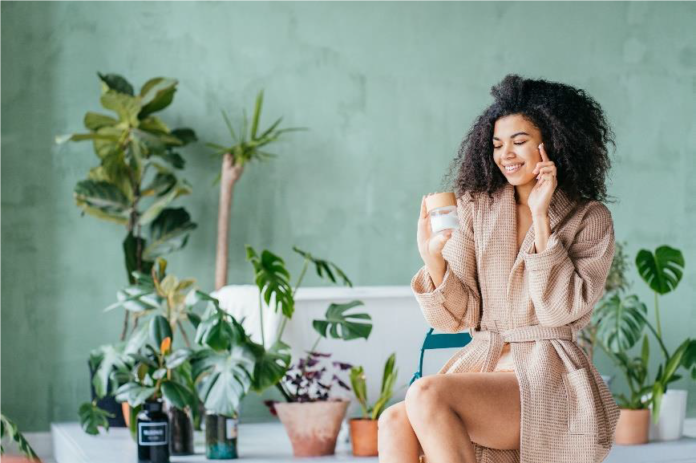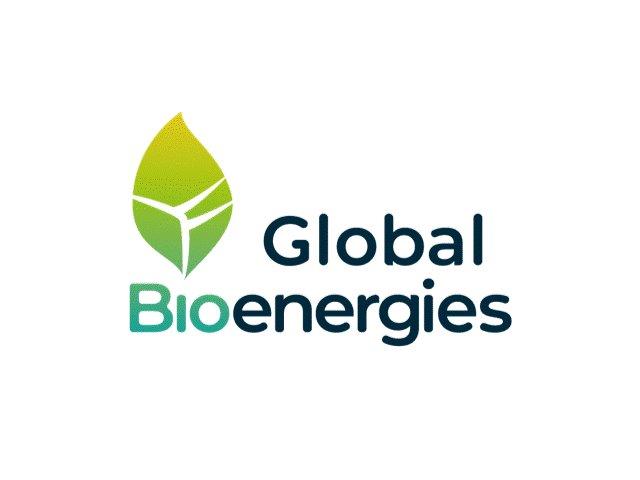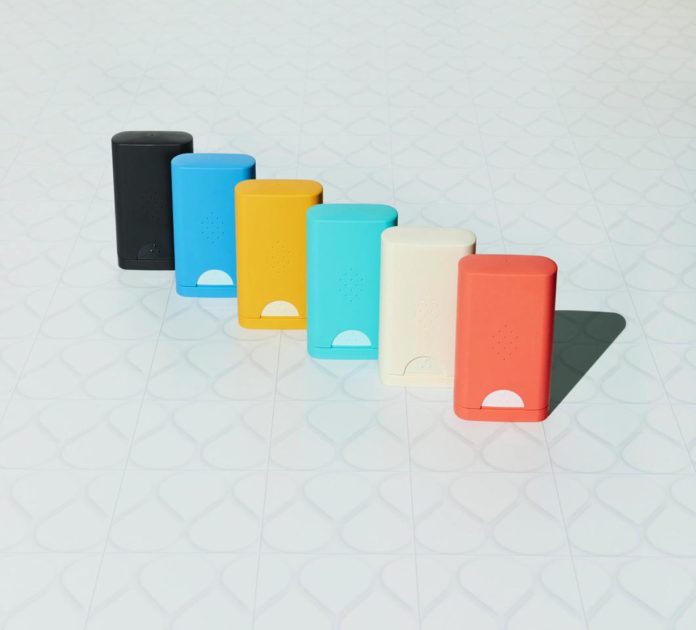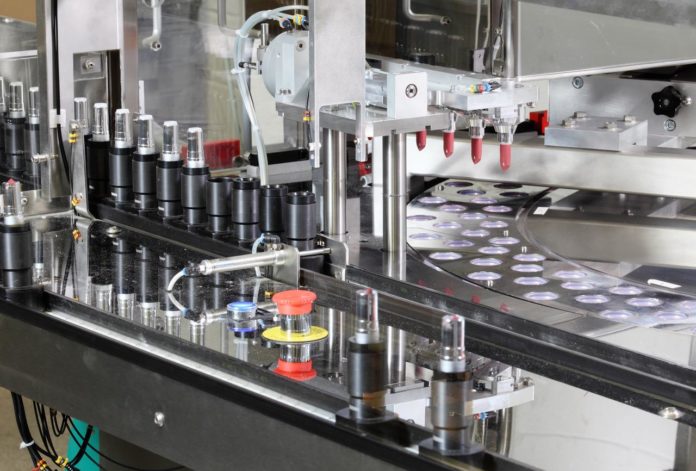For more than 30 years, Eurofins Cosmetics & Personal Care's network of companies has grown to become a leader in adopting new analytical methods and services. As part of our sustainable vision, we are passionate about working with our partners to develop game-changing innovations and new analytical perspectives to better serve our customers. In this way, we are convinced that working together is the key to building and accelerating the next generation of in vitro testing.
Eurofins Cosmetics & Personal Care is committed to building long-term, transparent and trusted partnerships with strategic companies that have the experience, expertise, knowledge and capabilities to support future in vitro innovations. Our diverse collaborations encompass leading European start-ups that foster entrepreneurial spirit, including:
- Ctibiotech supplies 3D bioprinted complete skin models (production of 50 to 100 artificial skin models using skin cells from a single donor), in vitro models (different types of human cells from pre-clinical quality skin production) and ex vivo biopsy models (including skin, scalp, hair and tissue on demand).
- Phenocell provides in vitro tests for dermatology and ophthalmology research, based on revolutionary iPS cells.
- Bionos provides efficacy testing for the cosmetics and food industries, mainly in in vitro and ex vivo bioassays, using state-of-the-art equipment and techniques at its facilities at the La Fe Hospital in Valencia, Spain.
These three partnerships complement Eurofins Cosmetics & Personal Care's current global offering, and are part of the companies' overall strategy to provide one-stop shopping and offer superior, sustainable solutions.





